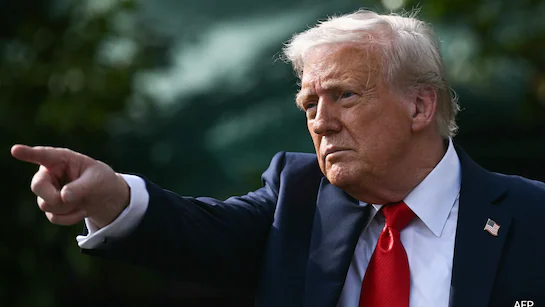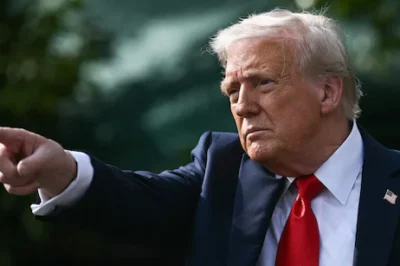
A Showdown Between the White House and Harvard
In a dramatic escalation of tensions between the Trump administration and Harvard University, President Donald Trump has vowed to “win” against the Ivy League institution, threatening to withdraw billions of dollars in federal funding. The administration’s actions are part of a broader campaign targeting universities accused of mishandling allegations of antisemitism on campuses. Harvard, which has long prided itself on academic independence, is now at the centre of a national debate over the federal government’s role in shaping higher education policy.
The Administration’s Demands and Harvard’s Response
The Trump administration has issued a series of demands to Harvard, including implementing “merit-based” admissions and hiring policies, eliminating diversity, equity, and inclusion (DEI) programs, and auditing the ideological diversity of its student body, faculty, and staff. Additionally, the administration has called for the university to take stronger actions to address the harassment of Jewish students. Harvard President Alan Garber has firmly rejected these demands, stating that the university will not compromise its principles under threat. He emphasized that Harvard’s values are not up for negotiation, even under the weight of federal pressure.
Freezing of Federal Funds and Potential Tax-Exempt Status Revocation
In response to Harvard’s refusal to comply, the Trump administration has frozen approximately $2.2 billion in federal grants and $60 million in contracts to the university. Furthermore, President Trump has suggested that Harvard should lose its tax-exempt status if it continues to promote what he describes as “political, ideological, and terrorist-inspired or supporting sickness.” This move could have significant financial implications for the university, potentially affecting its $53.2 billion endowment and its ability to enroll international students, who comprise 27% of the student body.
Legal Action and Faculty Support
Harvard has filed a federal lawsuit challenging the administration’s actions, alleging violations of its constitutional rights and academic independence. The lawsuit, supported by the American Association of University Professors and the Harvard chapter of the AAUP, seeks to prevent the withdrawal of federal funds and to protect the university’s autonomy. Faculty members have expressed strong support for Harvard’s stance, viewing the administration’s actions as an overreach that threatens academic freedom and free speech on campus.
The Broader Implications for Higher Education
The conflict between the Trump administration and Harvard has sparked a nationwide debate over the role of government in higher education. Some lawmakers and policy experts argue that universities receiving federal funding have a responsibility to uphold national values and ensure that all students feel safe and respected on campus. Others view the administration’s actions as an attempt to politicize higher education and suppress academic inquiry. The outcome of this standoff could set a precedent for how similar disputes are handled at other institutions across the country.
Conclusion
The showdown between President Trump and Harvard University represents a pivotal moment in the ongoing debate over the intersection of politics and higher education. As both sides prepare for a protracted legal and political battle, the future of academic freedom and the independence of universities hang in the balance. The resolution of this conflict will have lasting implications for the relationship between the federal government and institutions of higher learning in the United States.








































Leave a Reply